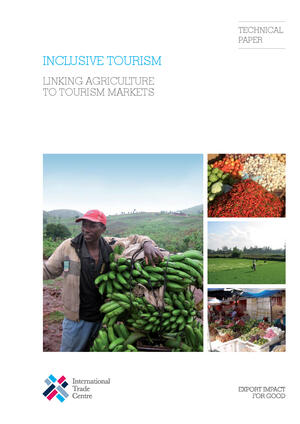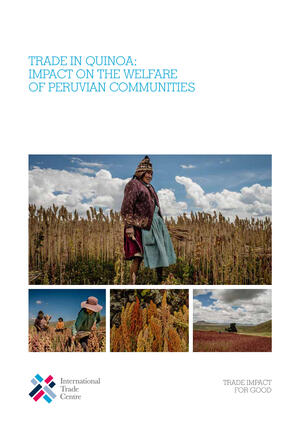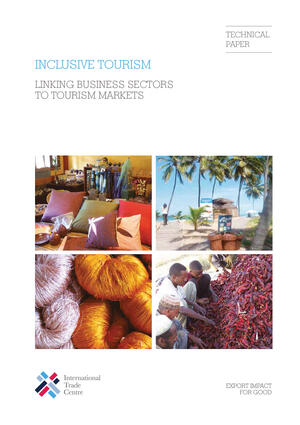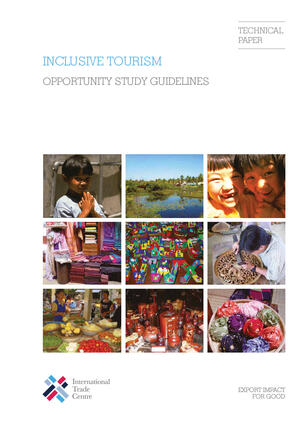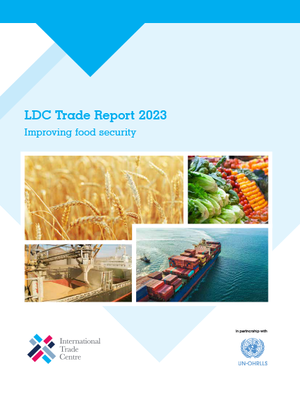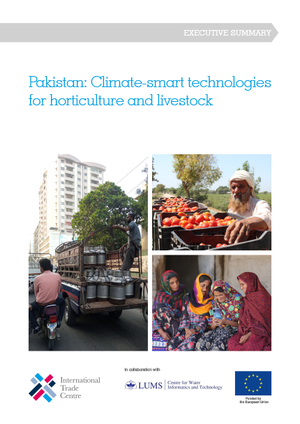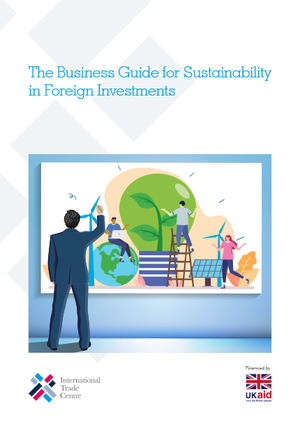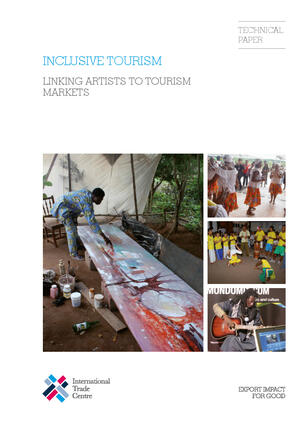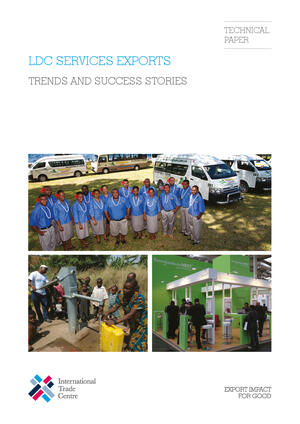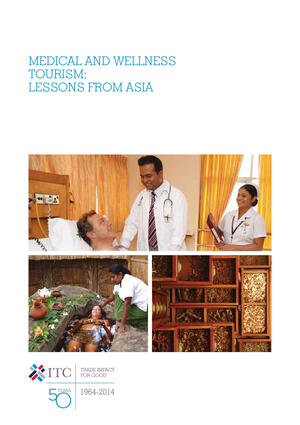Inclusive Tourism: Linking Agriculture to Tourism Markets (en)
Training module focusing on linkages that can be created between poor farmers and the tourism sector, with prospective costs and benefits. It covers accessing tourism markets and identifying the needs of buyers; selling products to tourism businesses; understanding the agricultural supply chain to...




